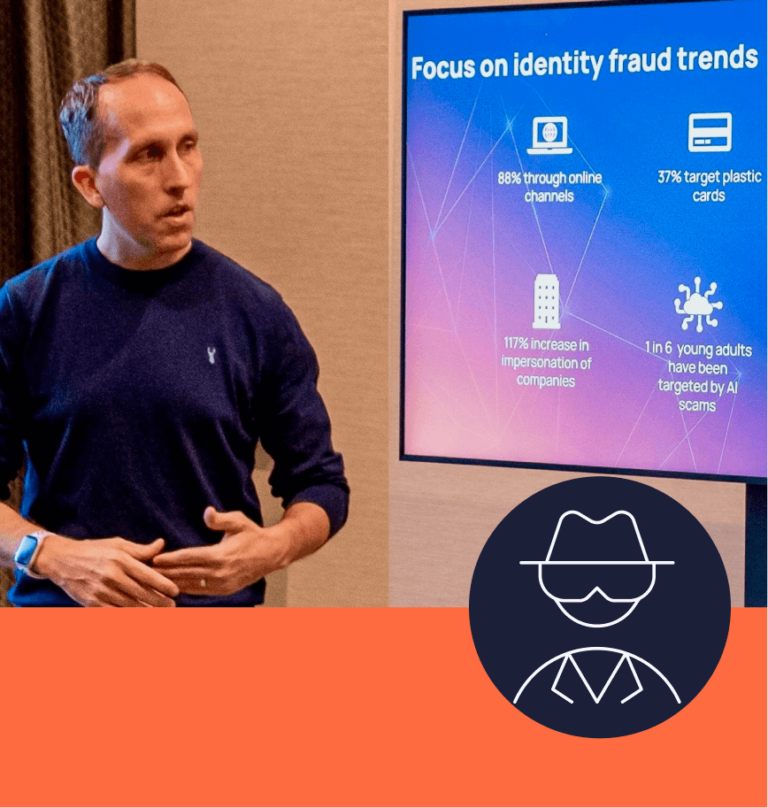Although Peru has a long-standing relationship with gambling and is one of a few South American countries to have allowed local and international companies to operate online casinos and betting sites, recent regulations have changed the game. Here’s what domestic and international operators need to know.
Hot on the heels of Colombia, Argentina (Buenos Aires, Mendoza and Córdoba), and, most recently, Brazil, Peru has decided to introduce new regulations and gaming licenses for local and international operators.
Prior to October 2023, although online gambling in Peru was permitted by the constitution, it operated within a rather relaxed regulatory framework.
“The Peruvian market has grown exponentially in the last few years and from the point of view of the customers, the operators and the government, it was mandatory to be on the regulated side of the industry. Recent changes will attract investors, generate an increase in government collection, protect players from responsible gaming and reduce illegal operators,” said Nicholas Osterling, Founder of Peru gaming platform, Playzonbet.
Brief history of gambling in Peru.
Peru’s gambling industry has undergone significant changes since it legalized land-based casinos in 1979. Key milestones over the past four decades have included tax regulations and ethical guidelines for casinos.
Online gambling regulations emerged later, with the first online casino license issued in 2008. Unlike other South American countries, Peru has never explicitly banned offshore or local online casinos, as long as they met the established domestic standards for any company. This relatively open market approach has attracted numerous international and local brands.
Clearing the regulatory path for operators.
MINCETUR is the national administrative authority in charge of regulating, implementing, and overseeing all aspects of online gaming and sports betting in Peru.
Responsibilities include:
- Issuing licenses to qualified operators.
- Monitoring operator activities for compliance with regulations.
- Enforcing fines, sanctions, or criminal proceedings for non-compliance.
- Fostering a safe gambling environment especially for players.
Within MINCETUR, the Directorate General of Casino Games and Gaming Machines (DGJCMT) is an important executive body that is particularly instrumental in ensuring player protection, improving game quality, and enforcing regulations.
In August 2022, Peru passed Law No. 31557 and its amendment, Law No. 31806, which established a comprehensive legal framework for most gambling activities. These laws were further clarified in 2023 by Supreme Decree No. 005-2023, which provided detailed regulations for online sports betting and other real-money gaming services.
Under these new regulations, international online casino operators must obtain a license from the DGJCMT to operate legally. The decree also outlines the process for obtaining and maintaining a license. Penalties for non-compliance include hefty fines and possible exclusion from the market.
MINCETUR set a pre-registration phase from February 13 – March 13 for domestic and international gambling operators already active in the market. During this phase, remote gaming and sports betting operators, certification laboratories, and service providers could register their interest for preliminary consideration of their applications. Juan Carlos Mathews, Peru’s Minister of Foreign Trade and Tourism, confirmed that 145 requests had been received from both national and international companies and for both casino and sports betting business units. Although this stage is now closed, newcomers to the Peru market can continue to apply.
Challenges in Compliance Survey

Objectives of the new Peru gaming license.
The new Peru gambling license places safety and consumer protection at the forefront of its objectives. With a focus on ensuring a secure environment for players, promoting responsible gambling practices, and formalizing online gaming and sports betting activities, these regulations aim to create a robust and transparent framework for the Peruvian gambling industry.
Overall, the Peruvian government is opting for a more simplified approach compared to the complex structure of the Brazilian gambling license.
Secure gaming environment for consumers.
The regulations prioritize security by implementing measures to protect consumers. Age verification requirements and participation restrictions ensure that only adults engage in gambling activities, while strict measures will be in place to prevent money laundering and fraud, fostering a safe and secure environment for players. A Know Your Customer (KYC) process must also be in place to verify the age, identity, and nationality of players.
Registration and verification.
To create an account on a gaming platform, players must register with the following data:
i. Full name(s) and surname(s);
ii. Type of identification document;
iii. Identification document number;
iv. Date of birth;
v. Nationality;
vi. Address (address, district, province, and department); and
vii.Statement regarding their status as a Politically Exposed Person (PEP).
Promotion of responsible gaming.
The new Peruvian regulations promote responsible gaming practices by encouraging operators to implement self-exclusion tools and support programs for players struggling with problem gambling. By raising awareness of the potential risks, the regulations aim to mitigate harm and promote responsible behavior within the industry. Only individuals of legal age (18 years) can register and access a user and gaming account. Gaming accounts will be blocked when the verification of the person’s identity is unsuccessful or is determined the player is registered on any exclusion list.
Preparing for compliance.
During the application process, certification laboratories, remote sports betting and gaming operators, and service providers will be asked to enter their details on the MINCETUR website.
Although the website is only available in Spanish, international operators are advised to devote the necessary resources to enter information correctly. Accurate information provided during pre-registration is critical to avoid delays and ensure the smooth processing of license applications.
Operators must also ensure they have the necessary technical infrastructure in place, such as robust KYC checks.
Operators who do not have a license or fail to comply will face:
- Significant fines.
- Revocation of licenses.
- Potential criminal charges.
Fines for non-compliance in the Peru gambling market.
Operators who fail to obtain a license while continuing to offer remote gaming could face fines of up to 990,000 Sol, which amounts to approximately £207,000.
If a licensee fails to verify the identity, age, and nationality of players as required by MINCETUR regulations, a fine of between 50-150 Peru tax units will be imposed, which amounts to between £53,500-160,600. It is therefore crucial for operators to implement solid KYC procedures.
Article 243-C of the new law also imposes prison sentences of up to four years for those found to be operating online casino games or sports betting without a proper license.
Operating in the Peruvian market without a license may result in exclusion from the market and possible prosecution.
Peru aims to generate more revenue from the new Peruvian gaming license by introducing a special gaming tax. The tax rate is set at 12% of the net profits from online gambling activities, to be paid by licensed operators, both domestic and foreign alike.
The government estimates that the new regulations will generate tax revenues of approximately 162 million Sol (£33.9 million) per year, putting the total size of the Peru gambling market at around £1 billion.
Full enforcement of the new regulations, including licensing requirements and potential penalties for non-compliance, began on April 1, 2024.
All companies, both domestic and foreign, operating in the Peruvian online gaming market must comply with the new regulations. Failure to obtain a license while continuing operations will result in fines, exclusions, and criminal charges.
To be eligible for a Peruvian gambling license, operators must adhere to security protocols, implement KYC processes to verify player identity and age, and have sound responsible gaming policies in place. Provisions of around £1.2 million must also be in place to prevent money laundering and financial fraud.
The future of gambling in Peru.
Implementing a licensing regime will obviously have an impact on the profitability of gaming operators in the market. However, the online gaming market in Peru is also expected to grow at a minimum rate of 6.4% per annum.
A regulated online gambling market ensures a clear legal framework for operators to conduct their business and reduces potential legal risks. Increased consumer confidence also leads to higher revenues.
“Peru is a very traditional market when it comes to sports betting. We Peruvians love soccer, and we are very passionate about betting. The industry here has had several years of growth and now that it will become a regulated market it will be even more attractive for vendors and operators that are only interested in these types of jurisdictions,” added Nicholas.
With a stable economy and a growing middle class among its 33 million inhabitants, Peru is considered one of the most attractive markets for international gaming operators.
As Peru emerges as a key player in the Latin American gaming market, operators must quickly adapt to the new regulatory landscape to ensure sustainable growth and success in this dynamic industry.
- Learn more about how to succeed in the South American gambling market by implementing robust KYC and identity verification processes.
- Discover the different priorities and compliance challenges facing global and LATAM gambling operators.
- Or perhaps you’re interested in expanding to Brazil, then read out ‘Unpacking the complexities of the Brazilian gambling license structure’ blog.
- Read our recent blog, ‘5 things gambling operators need to know before Euro 2024.’
By

Ronaldo Kos,
Head of Latam Gaming at IDnow
Connect with Ronaldo on LinkedIn



